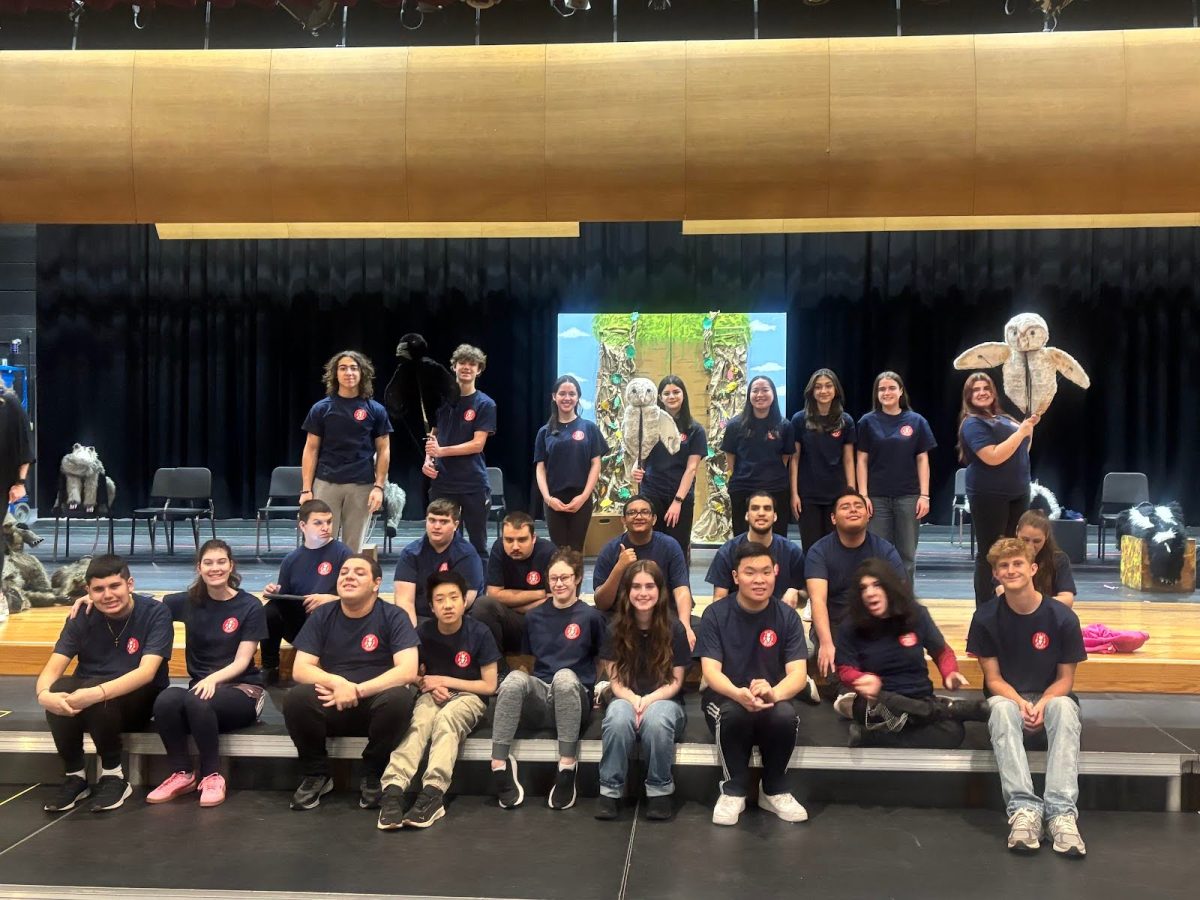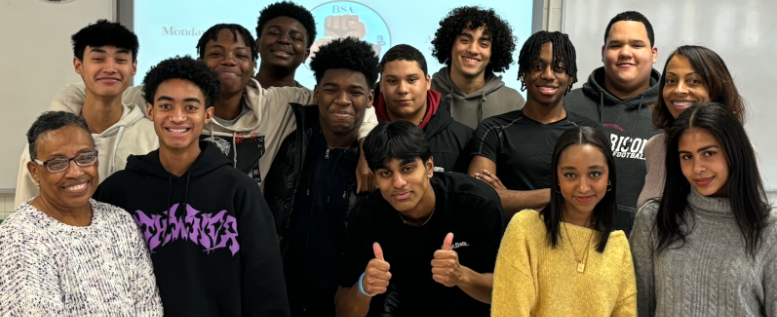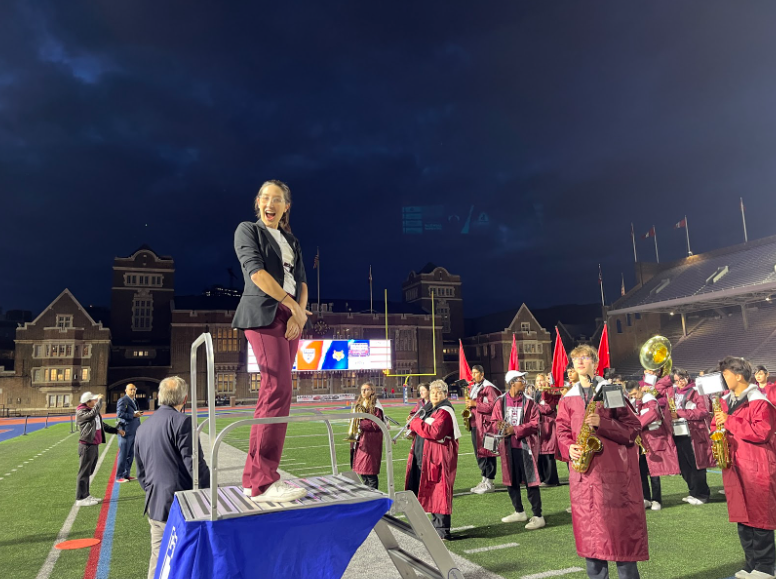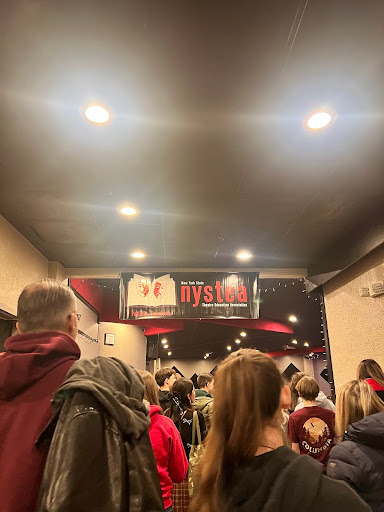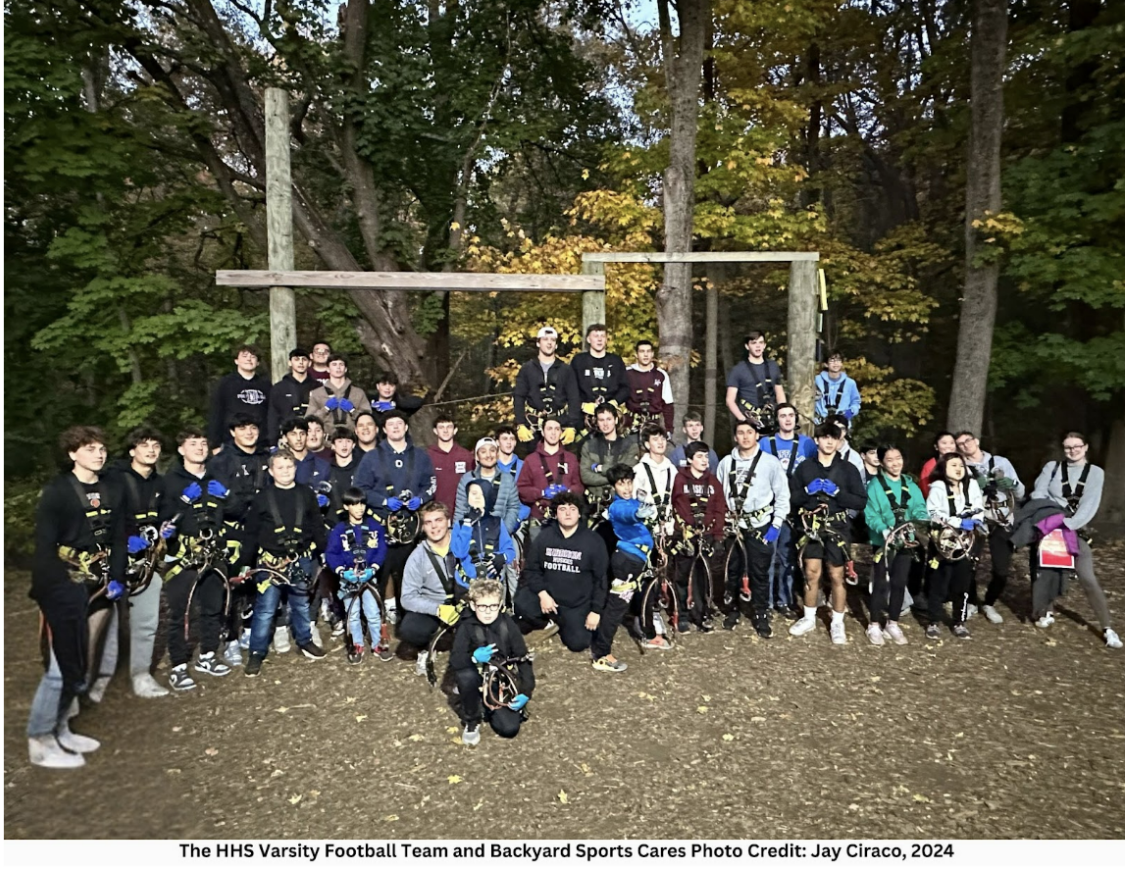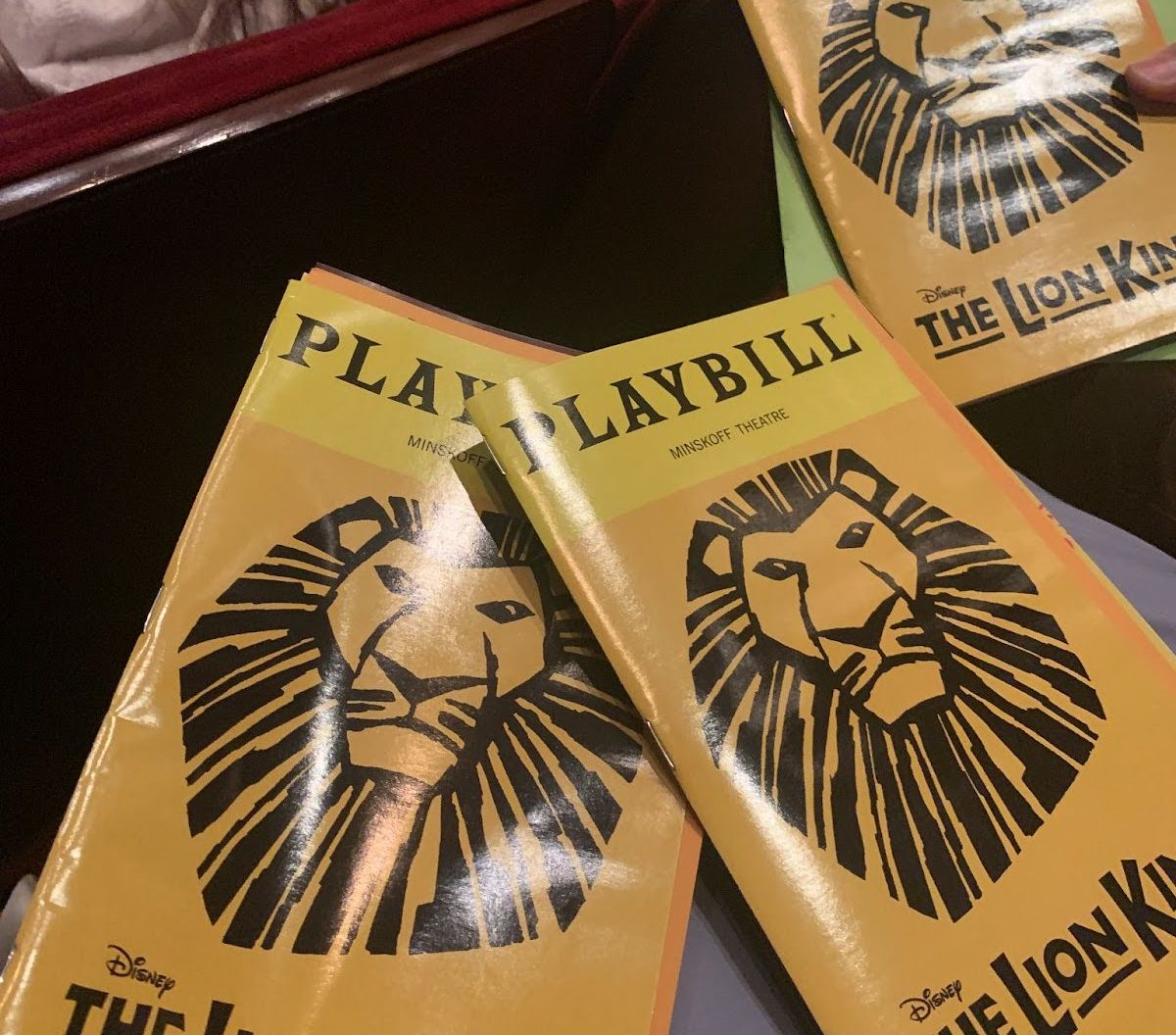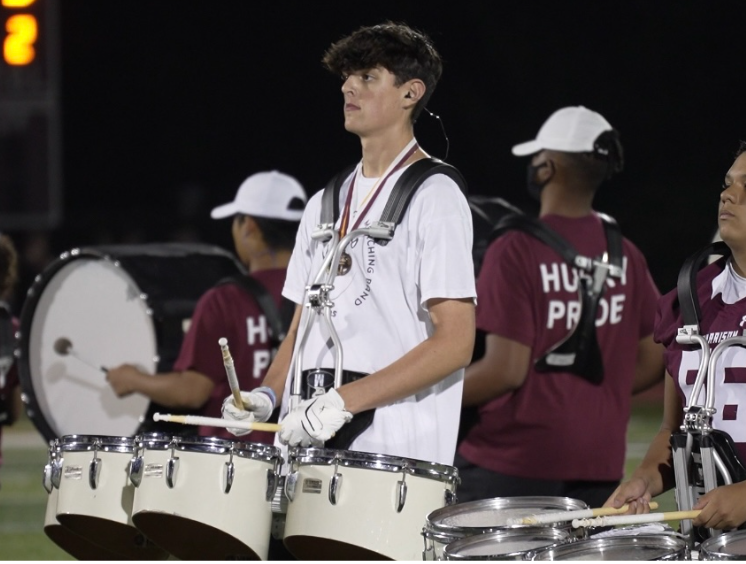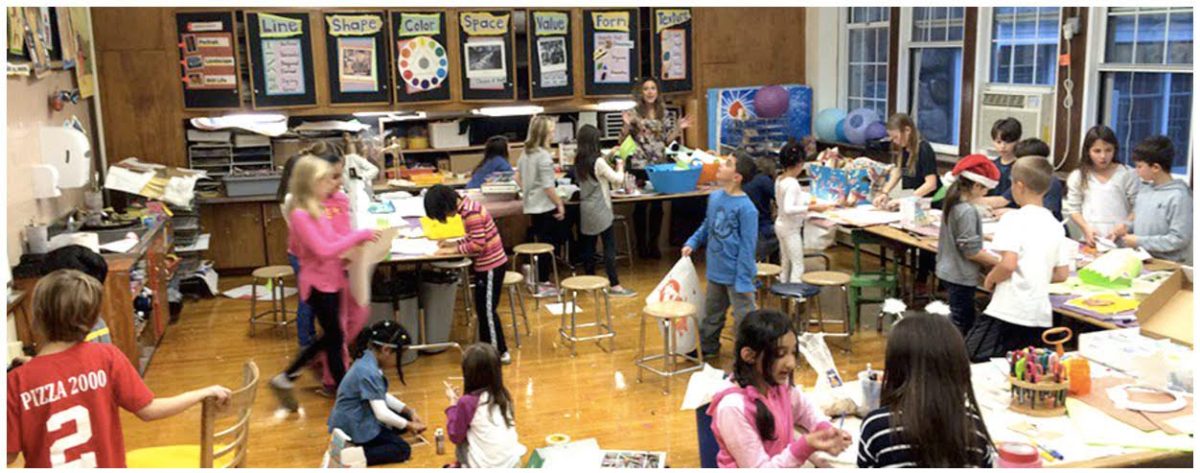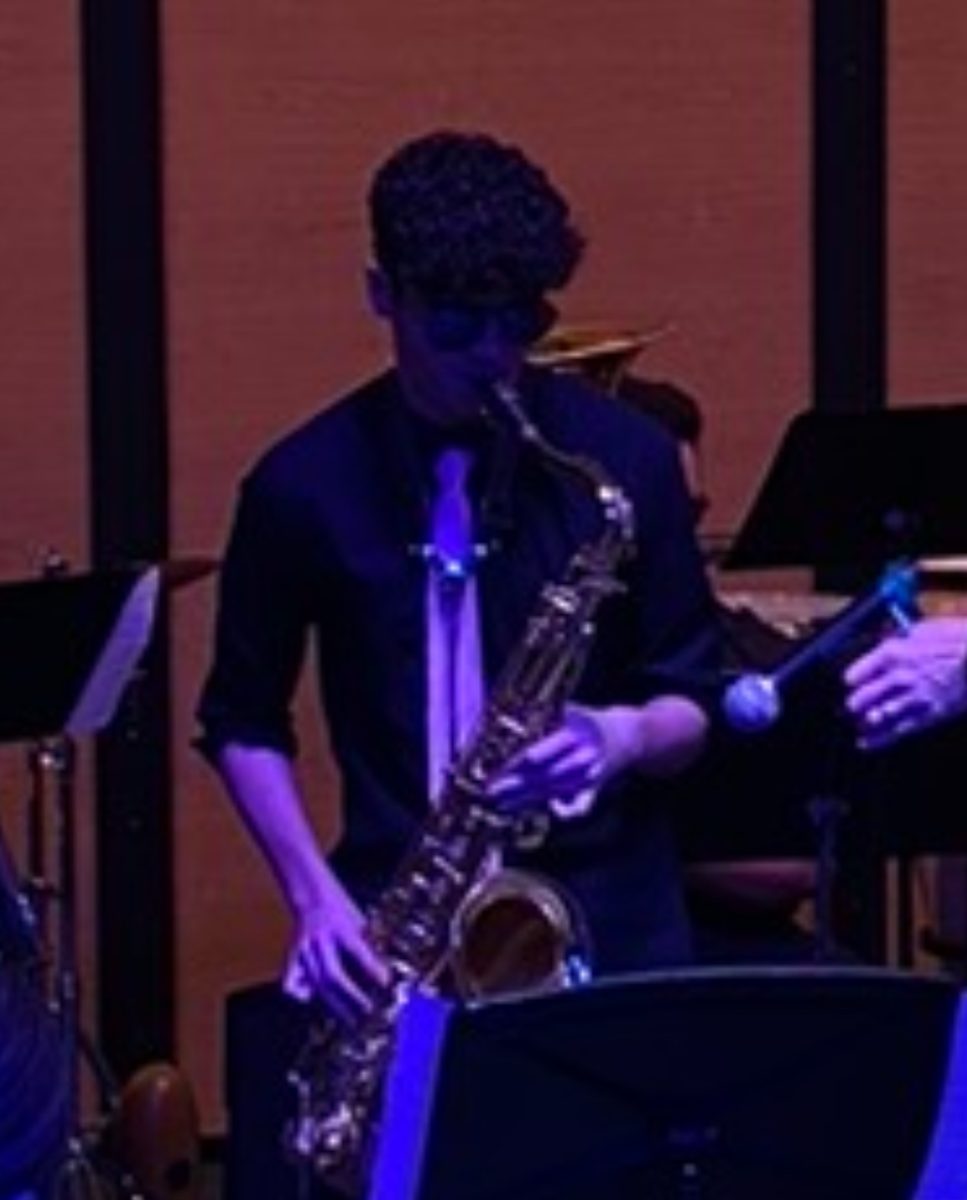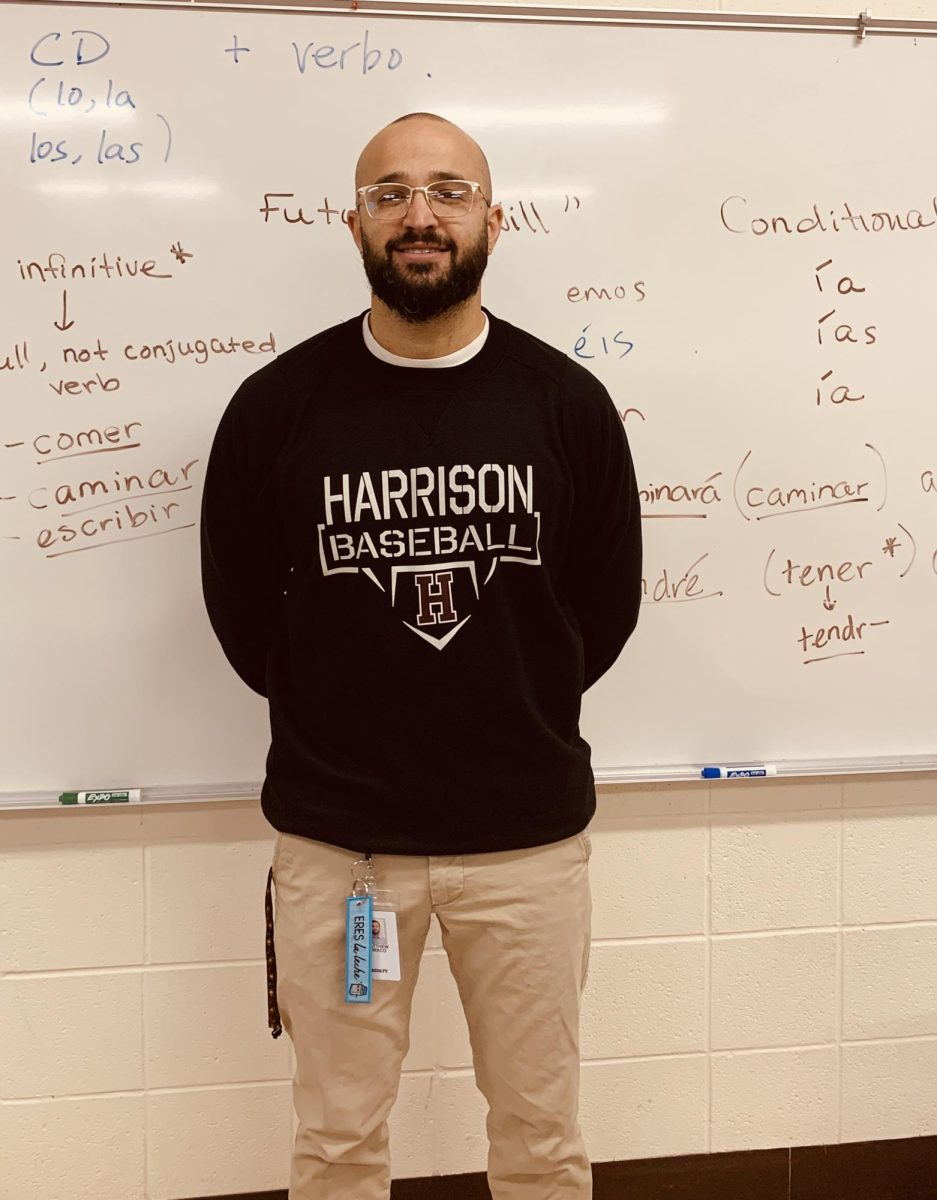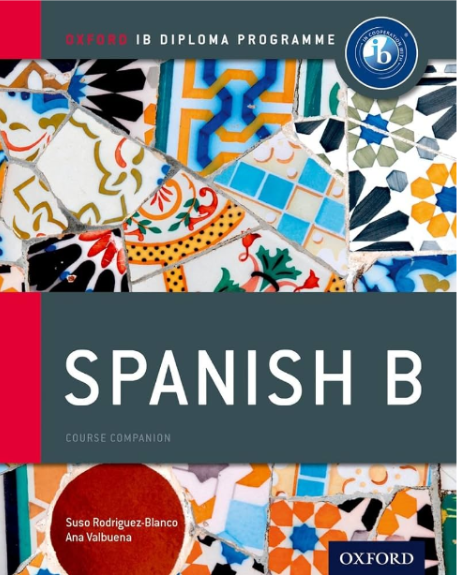
Ella Zamek: When did you decide to go into education and why?
Senora Olga García: Maybe three years after I finished my undergraduate degree. I didn’t do education during my undergrad: I didn’t plan out to be a teacher. But it was always in the back of my mind and really in my heart. Everybody used to tell me, everyone meaning my family, “you know you’re a teacher and you should follow that and pursue that.” I did my undergrad in international studies concentration in politics and I did a double major in Spanish Literature. I always loved literature, reading, and studying history. I wanted to work for some Non For Profit related to the United Nations. But to make a long story short, I ended up in the classroom through a great program in New York City. The New York City Board of Education was inviting professionals from other fields and they paid for my masters degree and that’s how I ended up in the classroom.
EZ: Did you go straight to teaching Spanish or did you teach anything else before that?
OG: I did Social Studies for a little bit because of my undergrad, but I went straight to teaching spanish. First as a bilingual teacher in a bilingual program in East Harlem, which was the most memorable experience in my entire teaching career, in a very very profound way.
EZ: How long have you been teaching at Harrison and have you always been teaching IB?
OG: I’ve been teaching at Harrison since 2008 [17 years], and I’ve been teaching IB since we began teaching it at the district level.
EZ: So were you here when it [the IB program] began?
OG: Yes, yes I was the first cohort.
EZ: What is your favorite part of being a teacher?
OG: Definitely connecting with the students and getting to know so many different and interesting kids. I truly enjoy connecting with people, it’s the way I relate, it’s the way I teach. Teaching could be a very transactional experience, but I can’t do it that way. For the most part, I’ve had the privilege of having very healthy rapport with my students, and that motivates me.
EZ: And then on the flip side, what is the hardest part of being a teacher?
OG: The answer to that question has changed throughout my years in the classroom. Right now, the toughest part is definitely this competition that educators are facing with technology. Not necessarily the positive aspects of technology in the classroom, but unfortunately the plagiarism and kids not being so present in the classroom that we have to become these police officers too of technology. It’s just a lot, and it wasn’t like this [in the past]. I had more time to teach rather than focus on everything else that we need to in order to make sure that the kids are all present.
EZ: What have you learned through teaching?
OG: So much, but I prefer to share what I learned about myself at the very beginning of my teaching career. I remember after finishing the first month, I barely survived the first month, I said to my mom, “This is not for me. This is too much.” It was so overwhelming, demanding, and challenging in so many different ways. But I learned quickly that a lot of the problems I was experiencing during those first couple of months in the classroom were really about my own lack of maturity and understanding, that there was a lot of work that I needed to do. You know, I had this attitude that the kids were going to be learning from me, rather than we learn from each other. And not giving the kids the opportunity to make those mistakes, those necessary mistakes. You have to understand that I was brought up in a very traditional way of schooling, back in Puerto Rico where the teacher is more important than the priest. So here [in the United States], the relational component of that learning experience is much more pronounced than in traditional settings, at least where I came from. So I had to learn to be respectful of that and switch gears, perspectives, that it was about learning together, getting to know the students and validating who the students are as students first, and then we can learn something. So rapport and relationship proceeds the actual experience of learning.
EZ: Do you have any advice for young adults who want to pursue a career in teaching?
OG: I’m having a hard time answering that question because in my opinion, teaching is not what it used to be. Remember, I started before emails and the internet. And all of that is good, don’t get me wrong, I’m all for it. But if a young person is truly considering the career of teaching they have to understand that it’s also about what happens after 3 o’clock. This job has a very demanding component which is the assessments and the grading and the feedback, and depending on which school district you teach in, it also adds to those demands: every district is very different. So I would say, buckle up. You know, it will be tough. If it was tough before, it’s going to be tougher now because you really don’t have privacy. You’re on call, although you don’t have to, you’re always on call. I would also say to give him or herself [future teachers] some time to adjust, make mistakes, figure out a routine, and remind themselves that it’s not them: they need to also be patient until they find a rhythm.
EZ: In your opinion, what is the biggest difference between HL and SL Spanish?
OG: Well, it’s not really my opinion, but I can answer based on the IB guide. Basically, HL does the same topics, the same units, it’s the same curriculum as SL. The only difference is the time in which HL produces those activities or completes a particular unit. HL should be able to do the same unit faster. Also, HL has the additional component of literature where we read and analyze literature in Spanish, in the target language. Both SL and HL are conducted in the target language: the teachers should not be speaking in English so much unless it is facilitating some type of clarification or the students are turning blue, lack of oxygen because they don’t understand, things like that. I can tell you that is the major difference [literature], that piece. Obviously, the assessments are longer for HL than SL, they have to do more, but the curriculum is the same, as is the vocabulary. I mean, language is language, there’s not an advanced language versus a basic language. I think that it is about the commitment of the student, whether he or she wants to do that literature piece.
EZ: What is the usual ratio of native to non-native speakers in your classes, SL and HL?
OG: It fluctuates, depends on the year. This year, I am very pleasantly surprised to have a lot of non-natives take HL. I love it: I love when I have that because I want my native speakers to also benefit from seeing non-natives appreciate and respect the language, the learning process, and our culture. And sometimes, my non-natives tend to do better because the commitment is there, the level of respect and appreciation is there, the effort is there. It inspires me to have a very diverse group of learners, it doesn’t matter their level of readiness. It’s about your attitude towards the experience and your commitment. You have to work. HL is not for the lazy: HL is not for the arrogance either. HL is about right, “I’m doing this for me.” Like the question I asked you guys [HL students] on the very first day of school, “Why HL? You had the option, why HL?” And thank god no one said, “Oh because I speak Spanish at home, so it’s easy.” That is a response I have had in the past and I always have to clarify that this is not for that purpose.
EZ: You already answered this a little bit but even more explicitly, do you have any advice for students choosing between HL or SL Spanish?
OG: Yeah. I would definitely ask the student who’s considering HL to allow themselves not to just focus on that grade. We all want that amazing GPA, and HL doesn’t guarantee you that you’re going to get the best grade. But you will have the best experience as a learner of language. This is definitely not a class for a person with the mindset of, “Oh I speak Spanish at home, I’m going to do well.” Also, on the other side, it’s not the class for a non-native student who appreciates the language, is committed, but not necessarily responsible. Because things pile up very quickly: there is a lot of work, a lot of independent assignments that you have to do on your own outside of the classroom. If you’re not doing those, there’s no way that you’re going to stay afloat.
EZ: What are some of the benefits of taking language courses?
OG: Let’s just begin with self-empowerment. Even if you didn’t take a language course aside from your native language, in our case English here in the United States. The appreciation for reading, for developing and understanding language, studying the humanities, it really is pivotal. Now learning a second language allows you to learn about other cultures, other ways of life. You learn about the arts, history, foods. I mean, it’s really a full package, a full experience. I always tell my students, even if you’re not the best student in the language you’re taking, just the opportunity to expand your knowledge about the cultures represented by the people who speak that language and you traveling in the future and understanding a little bit of the idiosyncrasies and the foods and the music. You’re never going to lose. Language is a life skill. Language is a life skill. It’s like you’re getting your driver’s license. Even if you’re a weak driver at the beginning, you’re never going to forget how to do that, ever. It becomes so ingrained in your psyche. The same thing with language: it’s a life skill, the more the better. Plus, it expands your brain; it allows you to think in the abstract easily. There’s tons of research that has confirmed the advantages in math and sciences because you are a second language learner. Like I said at the beginning, self empowerment and being able to handle change and be vulnerable and ok with failure. Those are things that every individual should be exposed to. We should never take a class just because you know for sure you’re going to get an A. That’s easy. No one learns anything that way. So it’s not just about learning a language, it’s about growing as an individual, as a future citizen, future perhaps parent. Language is power. It really is.

